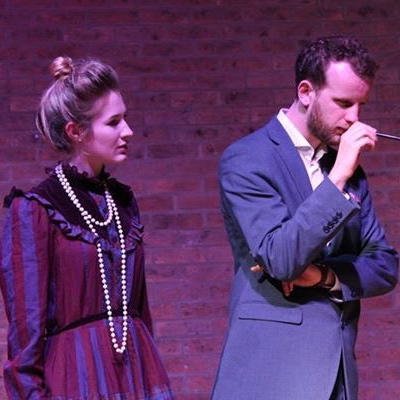 FEEDBACK: She said WHAT? Read what people think about our Classical Music Daily features, and have your say!
FEEDBACK: She said WHAT? Read what people think about our Classical Music Daily features, and have your say!
Jacques Charpentier
French composer and organist Jacques Charpentier was born in Paris on 18 October 1933, and taught himself to play the piano as a child. He studied with Jeanine Rueff and then spent eighteen months in India to become familiar with traditional Hindu music. On returning to France, he studied at the Paris Conservatoire - composition with Tony Aubin and philosophy of music with Olivier Messiaen (who pointed him in the direction of the writings of Saint Thomas Aquinas).
From 1957 until 1984, Charpentier wrote a huge work - 72 études karnatiques, dedicated to the basic scales of traditional Indian music, but also influenced by Messiaen.
He also created a five act opera Béatrix de Plannisolas (1971) in the Romance Occitan language, which was performed at the Aix-en-Provence Festival, several symphonies and a Te Deum (1978).
He was a member of the Jeunesses musicales de France and held various French government positions, including principal inspector of music, general inspector of music, then Director of Music, Lyrical Art and Dance. Following that, he became director of music for the city of Nice.
He also founded a centre for Gregorian studies and traditional music, and wrote studies on Gregorian chant and the music of India.
Jacques Charpentier (who was unrelated to either Marc-Antoine Charpentier or Gustave Charpentier) died on 15 June 2017 in Lézignan-Corbières, aged eighty-three.


